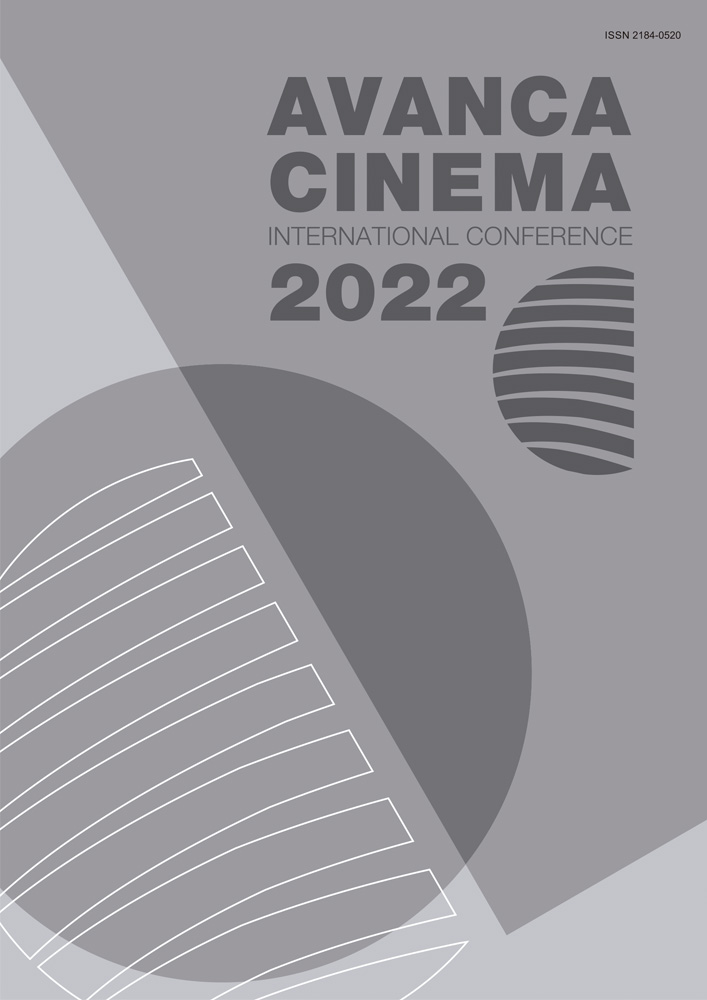Capítulo III _ Cinema - Comunicação
A animação experimental infantil no combate às fake news sobre o coronavírus: o lúdico como estratégia da verdade
Resumo
Continuing our research on experimental children’s animation focused on social issues related to the new coronavirus pandemic, this work investigates the relationship between the ludic and information in audiovisual. Starting from what Francis WOLFF (2005) calls “opaque images” and Paul WELLS’s (2013) notion of development animation, we seek in Johan HUIZINGA’s (2000) inquiry about the word “game” the articulations between tension and joy to reflect about four informative pills of 1’00” each designed to deny fake news about the pandemic. Created, produced and broadcast by the Animation Experimentation Group of the Janela Audiovisual Extension Project of the Federal University of Espírito Santo, the four pills expose the protagonist of the animated short film Jungaré, an immunizing adventure, still in production by the project - with a script developed from the declaration, in 2020, of the President of the Republic of Brazil about the risk that vaccines against covid-19 could turn people into alligators. In a transdisciplinary way, the four videos involve students, teachers and professionals in the areas of Design, Audiovisual, Advertising, Journalism and Medicine and mix animation, expert testimony and content produced for the internet, with the aim of combating what Michiko Kakutani (2018) points to the death of truth and the decline of reason. Thus, our main objective is to investigate and reflect on how the ludic can be a fundamental strategy in the fight against fake news, whose dissemination strategy is based on imagination.

Este trabalho encontra-se publicado com a Licença Internacional Creative Commons Atribuição 4.0.

